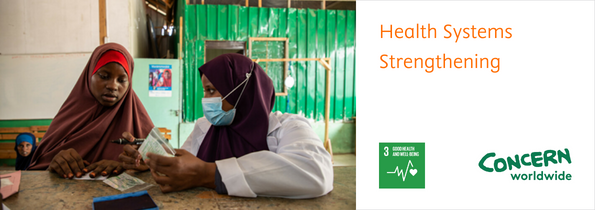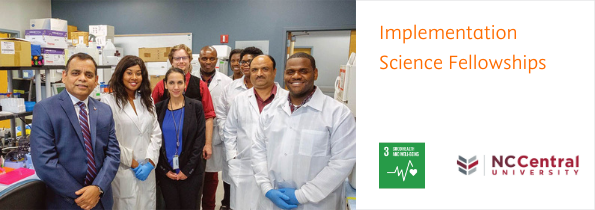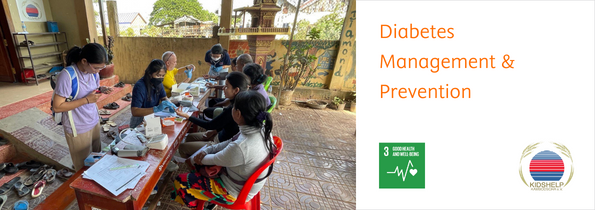The future of science requires a robust workforce drawn from all corners of society. Our partnerships support greater participation in the science and innovation endeavor to ensure a range of perspectives, backgrounds and geographies.
Aidsfonds: Tanya Marlo
Each year, 32,000 new HIV infections are registered in Indonesia, and more than half are people aged 15-24. The Tanya Marlo project, driven by Aidsfonds, works to stop the increasing HIV epidemic in Indonesia, ensuring that young people and minority groups who are most vulnerable can easily access information, counseling and lifesaving care and take control over their health.
Concern: Strengthening Health Systems in Somalia
This partnership with Concern Worldwide, based at the Banadir Hospital Stabilization Centre in Somalia, provides support for data improvement and management for a timely, effective response to surges in cases of children with acute malnutrition in Somalia.
Swasti: Climate Care Champions Program
We work with SWASTI to train frontline healthcare workers in India to address climate-induced health challenges, and improve community health resilience by equipping ASHA workers, Anganwadi workers, and Auxiliary Nurse Midwives with essential skills and knowledge.
FUEL: Fostering Undergraduate Excellence and Leadership in Nursing
This program with North Carolina A&T State University, and the North Carolina Central University, focuses on enhancing nursing students’ success, ensuring that graduates enter the workforce as practice-ready, innovative healthcare professionals and leaders in the nursing field.
NCCU: Implementation Science Fellowship Program
Patients with diseases disproportionately affecting under resourced populations are slower to benefit from new findings. The Implementation Science Fellowship Program works to facilitate the rapid adoption of evidence-based interventions to address health disparities across communities in North Carolina.
WPA: Patient Safety Children Books
This partnership with Elsevier and the World Patients Alliance (WPA) aims to empower the community to act for safer care through the education of children by developing a book series that supports children’s education about Patient Safety.
Kidshelp: Diabetes Management & Prevention in Cambodia
Cambodia faces a growing diabetes crisis, largely due to lack of awareness and unhealthy diets. We partner with Kidshelp, a local NGO, to address the diabetes crisis by providing education, screening, and ongoing support to patients.
INCLUSIVE HEALTH News
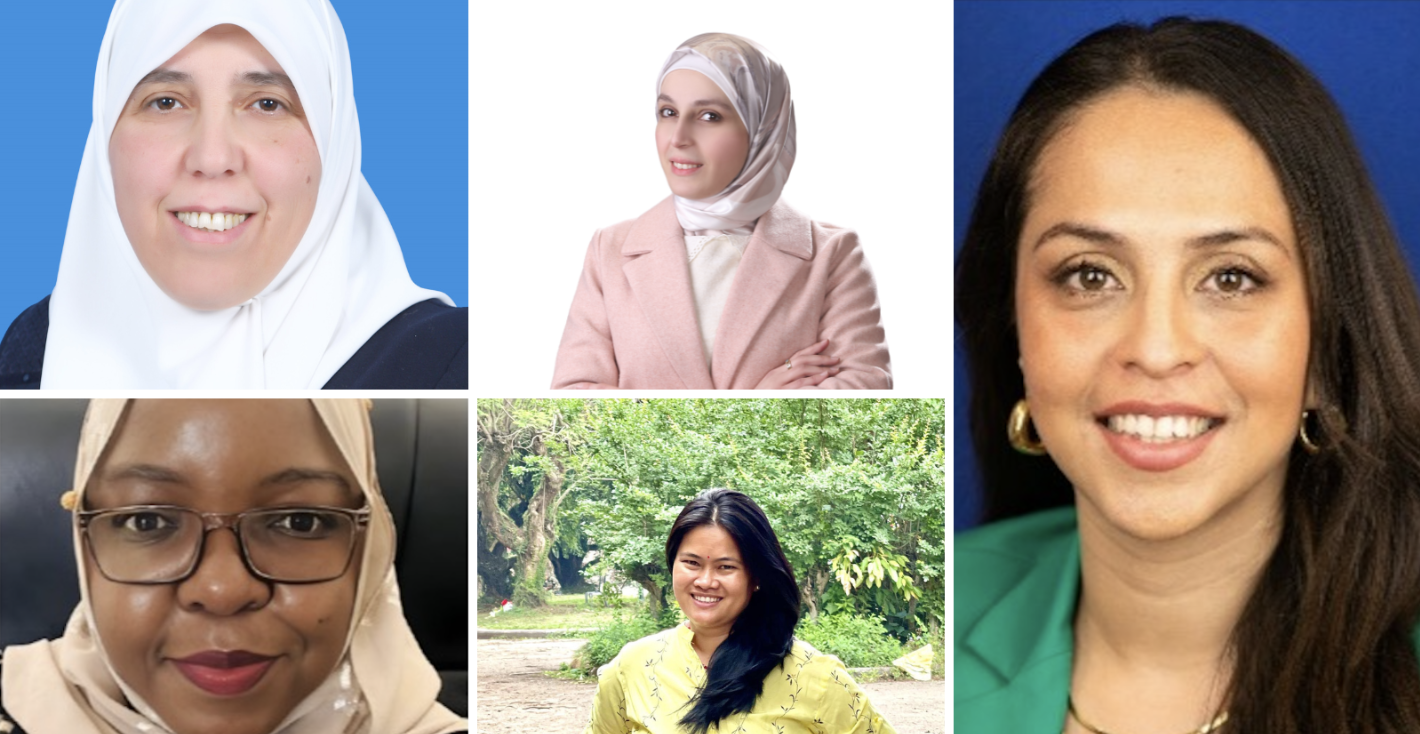
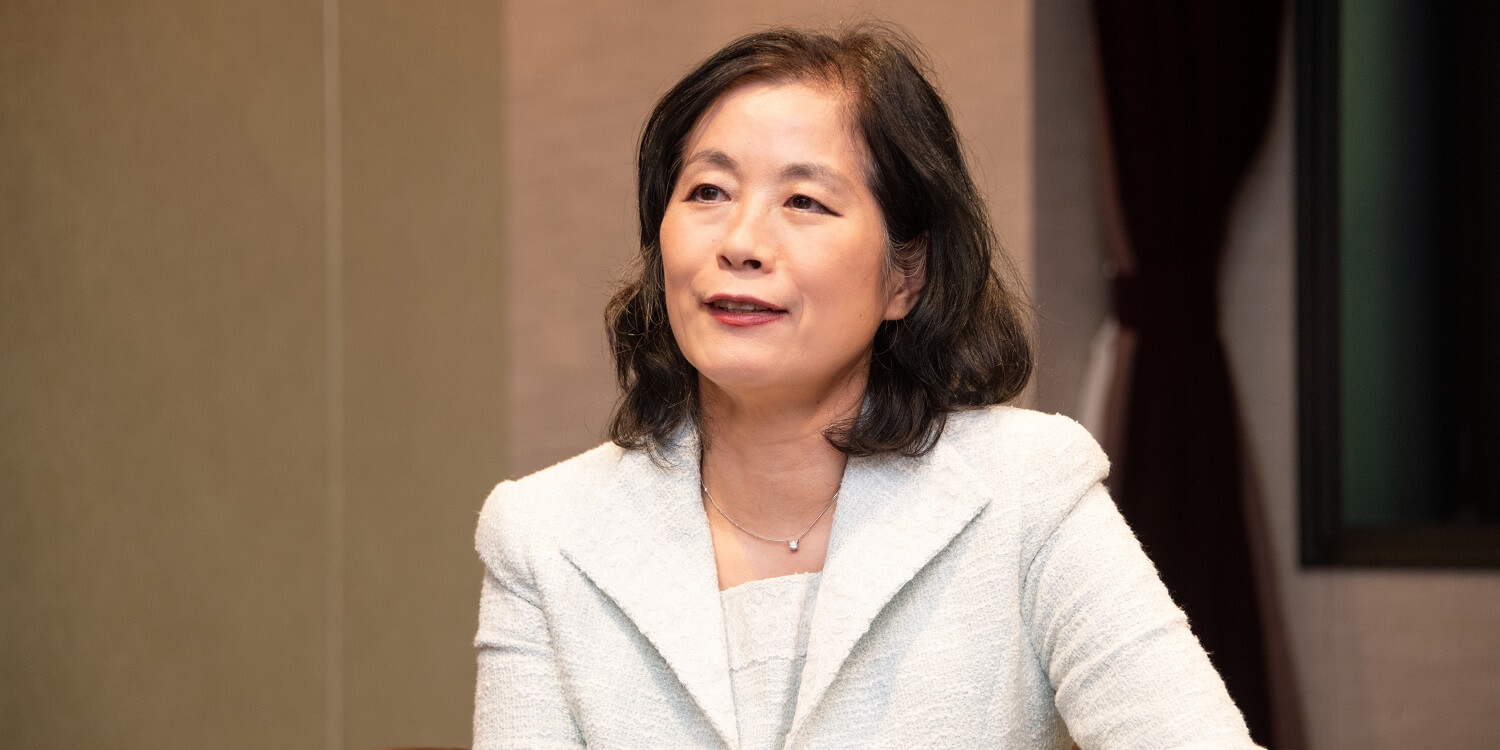
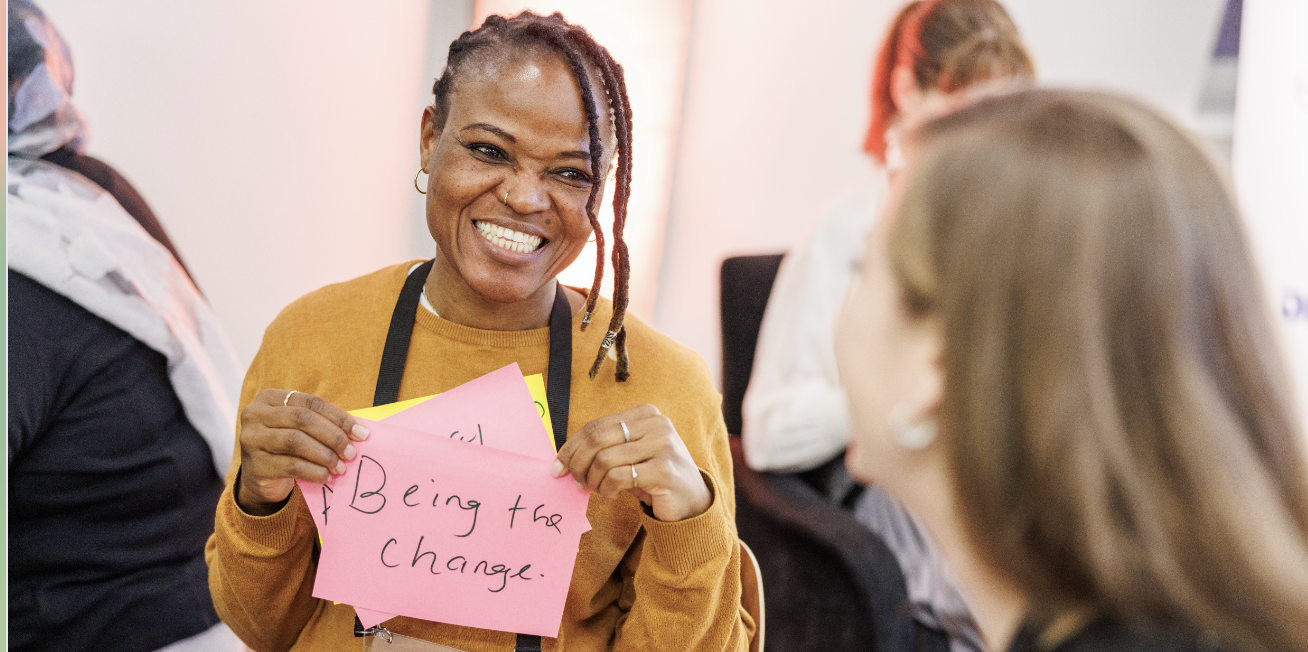
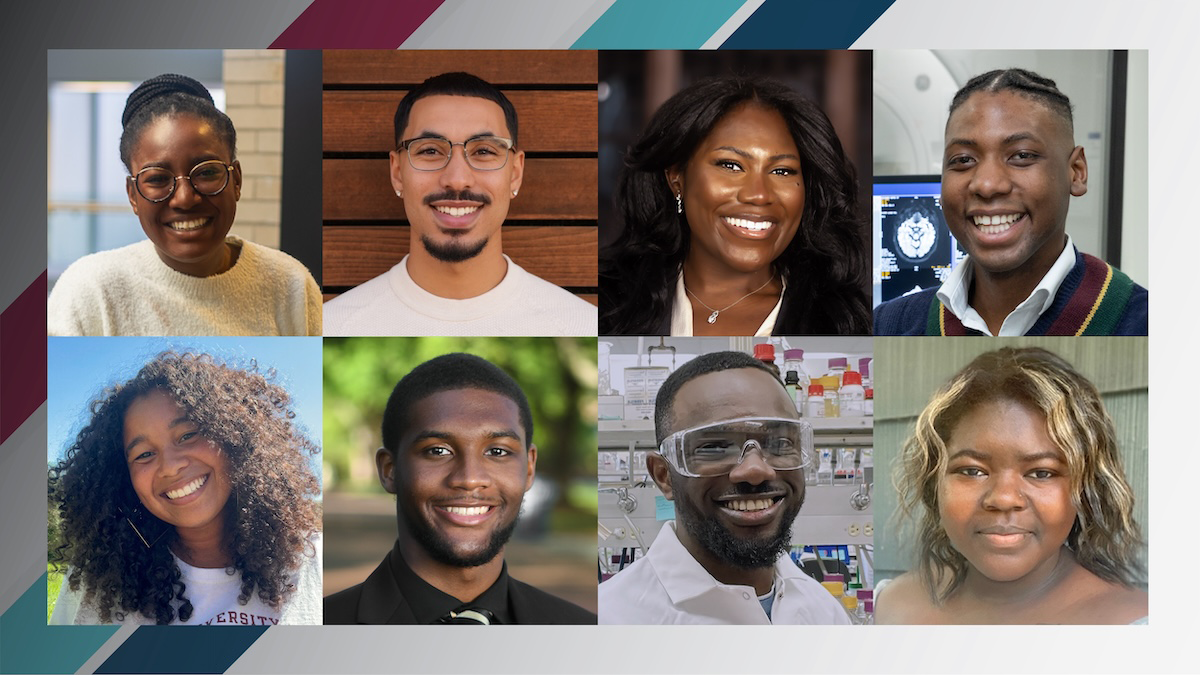


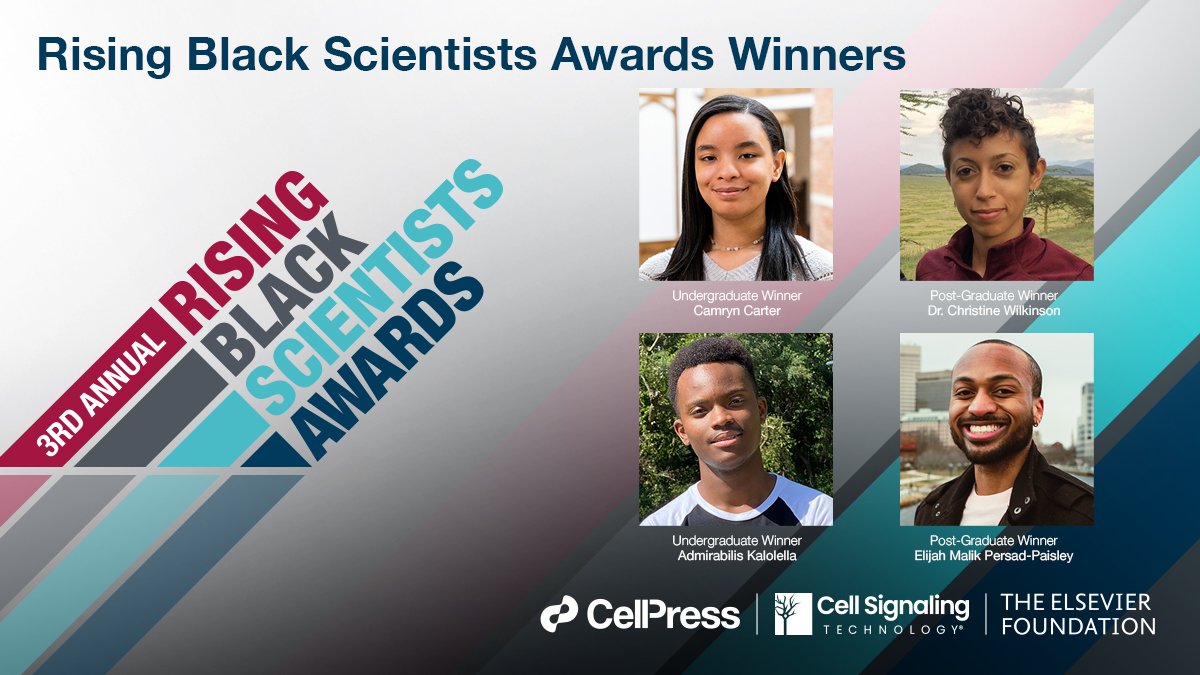
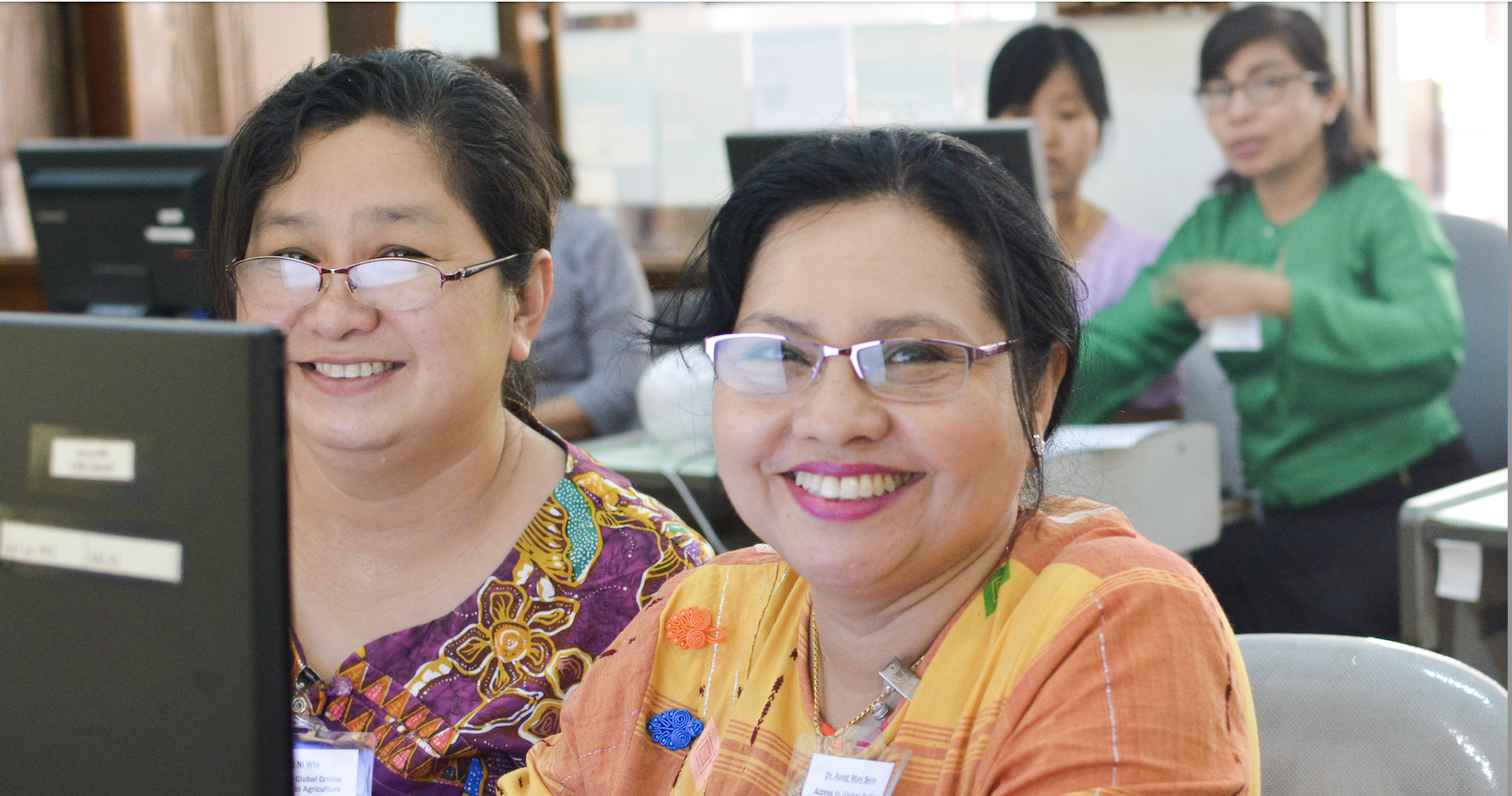
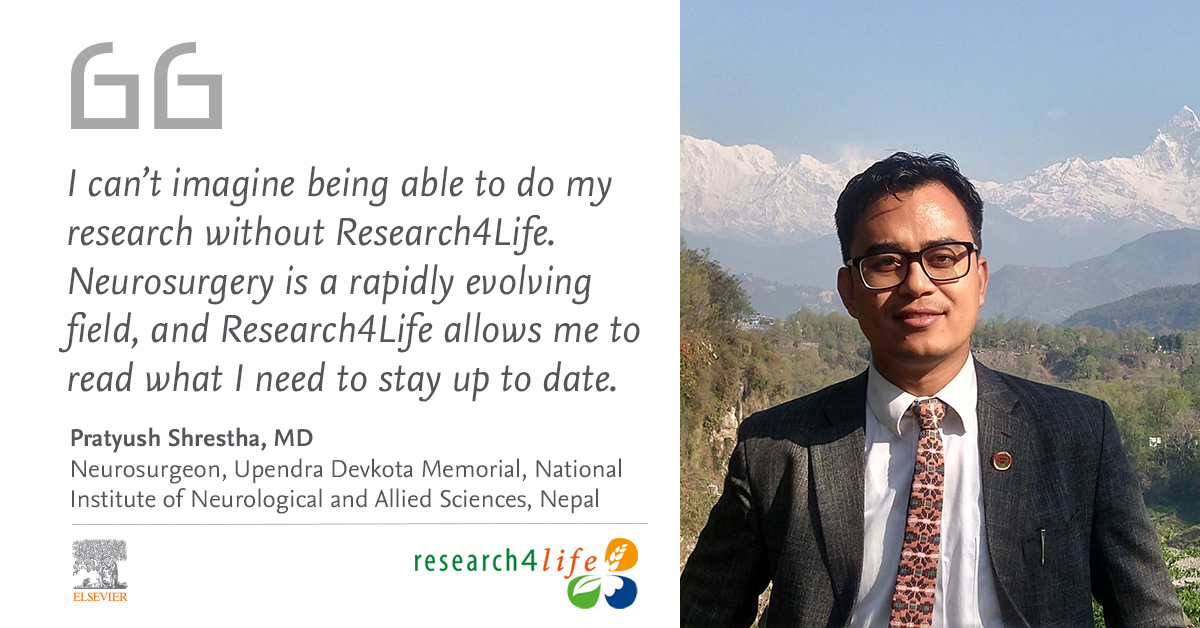
Creating an inclusive research ecosystem for the Global South
10 December 2021
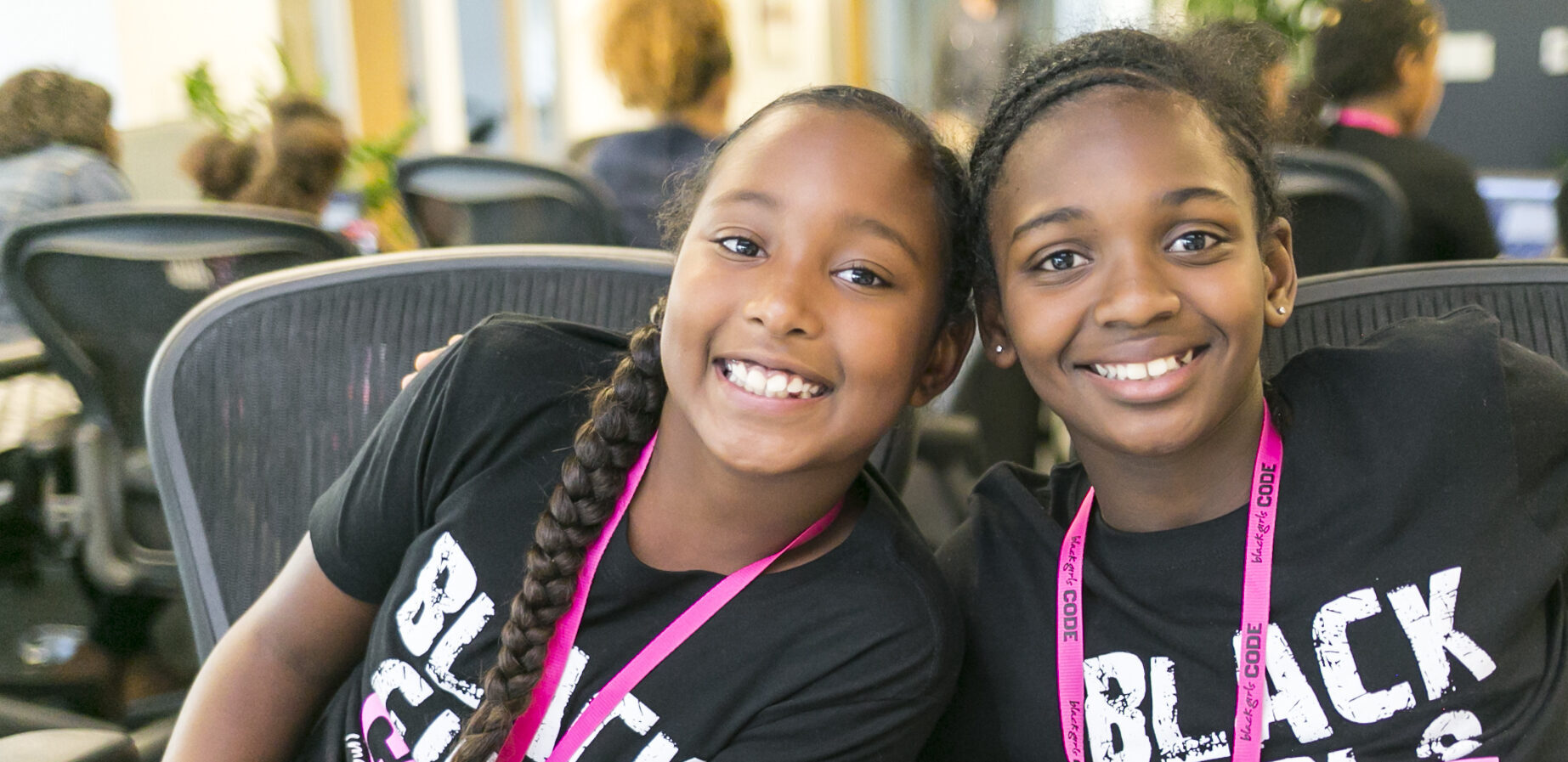
Driving inclusive health and research through global partnerships
14 December 2020



